Hepatitis C
- Over 1000 5 Star Reviews
- Personalized Care
- Award Winning GI Specialist
What is Hepatitis C?
Hepatitis C, a liver infection caused by the hepatitis C virus, silently affects 2.4 million Americans. Most remain unaware, as symptoms often go unnoticed. This stealthy virus, primarily spread through blood or body fluids, primarily takes the form of type 1 in the U.S., with varying treatment responses.
The Stages of a Hidden Battle:
The Hepatitis C journey unfolds in stages:
- Incubation: A silent period of 14 to 80 days (average 45) after exposure.
- Acute Phase: A temporary illness during the first 6 months, where some may spontaneously clear the virus.
- Chronic Phase: For most (85%), the virus persists beyond 6 months, potentially leading to severe complications like liver cancer or cirrhosis.
- Cirrhosis: Over time, inflammation scars the liver, taking 20-30 years on average but potentially faster with alcohol or HIV.
- Liver Cancer: Cirrhosis increases the risk, necessitating regular screening due to early stage symptom scarcity.
What are causes of Hepatitis C?
Hepatitis C spreads when blood or body fluids contaminated with the hepatitis C virus get into your bloodstream through contact with an infected person.
You can be exposed to the virus from:
- Sharing injection drugs and needles
- Sexual contact
- Needle sticks
- Mother-to-child transmission
- Sharing personal item
- Unclean tattoo or piercing tools
What are symptoms of Hepatitis C?
Many people with hepatitis C have no symptoms. But between 2 weeks and 6 months after the virus enters your bloodstream, you could notice:
- Clay-colored poop
- Dark urine
- Fever
- Fatigue
- Jaundice
- Joint pain
- Loss of appetite
- Nausea
- Stomach pain
- Vomiting
Symptoms usually last for 2 to 12 weeks
How to diagnose Hepatitis C?
Anti-HCV antibodies
If your antibody test is positive, you’ll get this test:
HCV RNA
The results can be:
- Negative: You don’t have hep C.
- Positive: You currently have hep C.
Liver function tests
How to treat Hepatitis C?
While early Hepatitis C infection, known as acute hepatitis C, currently lacks recommended treatment, its transition to chronic form brings various medication options to the table such as:
- Zepatier
- Mavyret
- Harvoni
- Sovaldi
- Epclusa
- Vosevi

“Thank you for visiting Forest Hills Gastroenterology & Liver Disease, my goal is to treat my patients in a highly personalized manner and I am dedicated to give you the utmost attention and respect that you deserve. For more infromation on this disease or to schedule a consultation with me, please give us a call or book a tele-health appointment online.”
Albert Shalomov
Dr. Albert Shalomov, MD
Disclaimer: Educational Infromation, Not Medical Advice
It’s important to remember that the information provided here is intended for educational purposes only and should not be misconstrued as definitive medical advice. Always seek the guidance of a qualified gastroenterologist for accurate diagnosis and treatment of any specific gastrointestinal condition. Only trained healthcare professionals can provide personalized recommendations and ensure your well-being.




